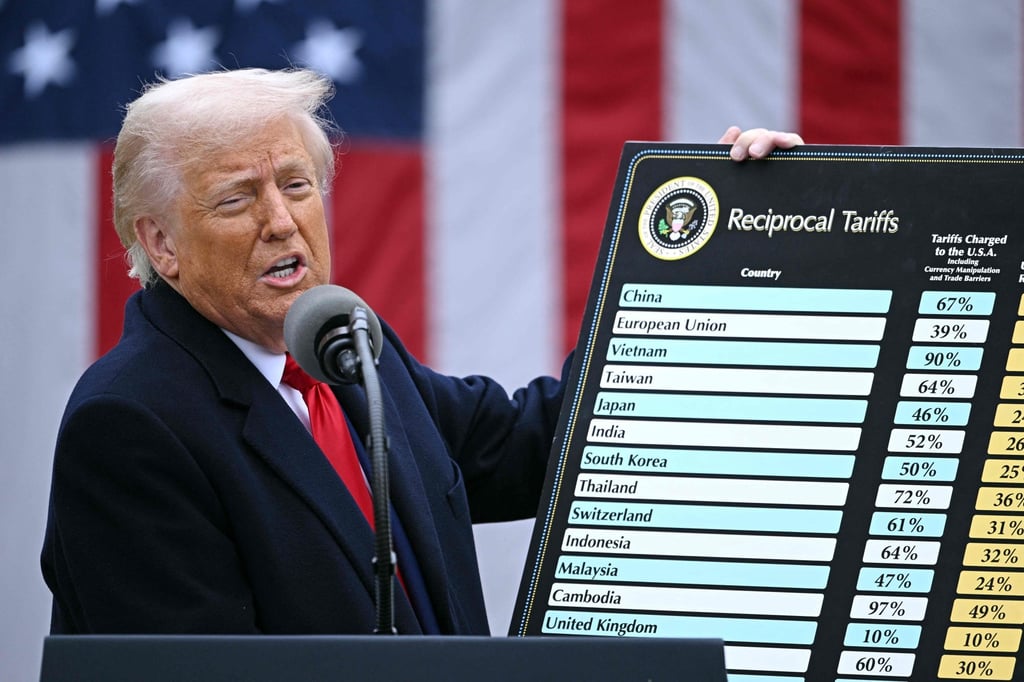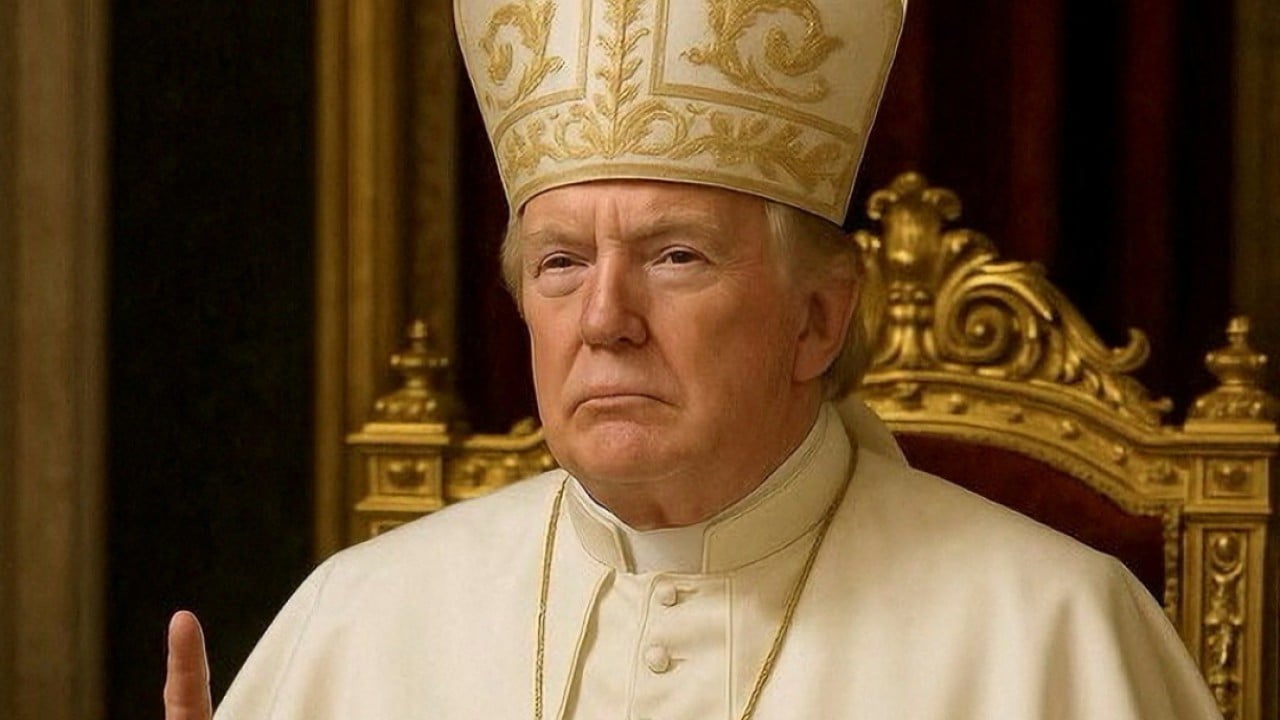In early May, as Roman Catholic cardinals convened for their conclave, US President Donald Trump posted an AI-generated image of himself as the pope. Shortly afterwards, he declared that he would like to become a pontiff. Reactions from around the globe were swift, though not everyone was shocked. After all, this was American crassness at its finest – a spectacle the world has grown accustomed to. Trump is neither the first nor the only US figure to inure the world to such behaviour; there is a long list.
Advertisement
When Trump announced sweeping tariffs on global trading partners in April, with China bearing the brunt, financial markets plunged into their worst turmoil since the early days of the pandemic. Ignorance, arrogance, exceptionalism, and fear of “the other” converged in a display of American crassness on steroids. Trillions of dollars evaporated from stock valuations. Only when the fallout became too severe did Trump pause tariffs for most countries, eventually negotiating with China in mid-May. Yet much of the American public missed the larger picture: these tariffs weren’t about sparking a trade war or addressing claims of the world “ripping off” America. They were a desperate gambit to prop up the American brand – a brand that was sustained for decades by economic hegemony and the “exorbitant privilege” of the dollar, but is now facing its moment of decline.

Desperate to project strength, Trump boasted that world leaders were queuing up to make deals and even “kiss his a**”. To call such behaviour crass would be an understatement, but the world barely blinked. This crude bravado has long been central to the American way, manifesting in entertainment, politics, media, finance and even sports. To much of the world, it reflects the immature culture of a brash young settler nation. Wealth accumulated through the colonisation of Native American lands bred an unfettered arrogance that normalised such behaviour. The world once playfully dubbed this the “Ugly American”, but that playful tolerance only emboldened the American psyche. Today, this has culminated in a rogue state run by supremacists, supported by a large majority.
The US trade deficit, often cited as justification for protectionist tariffs, is merely a symptom of a deeper malaise. The real issue is that American goods – and the culture that sells them – are losing their appeal. Nations like China, South Korea, and before them Japan, now produce superior goods. Meanwhile America, high on its own rhetoric about globalisation, shifted its economy towards services dominated by the financial sector, hollowing out its manufacturing base. Yet Americans continued to borrow and consume at unparalleled levels, encouraged by the state. Living beyond their means, they amassed crippling debt. All the while, they were led to believe that their consumerism was the engine of global growth, a myth perpetuated by American business media like Bloomberg and CNBC. For decades, this propaganda painted American life as the global standard. What was once irresistible now feels unsustainable, replaceable and, to the rest of the world, deeply crass.
The world has finally woken up to the unsustainable mechanisms of the US-led “rules-based order” and the hollowness of the so-called American dream. So why did it take so long for the world to realise that this dream is, in truth, a paper tiger?
The myth of American superiority
The United States has long seen itself as a guiding light for the world – a perception shaped by Puritan self-righteousness and 19th-century expansionist zeal, epitomised by the doctrine of “manifest destiny”. Rooted in Judeo-Christian ideologies and white supremacy, early settlers viewed their arrival in America as a divine mission, fostering a misguided sense of superiority. This was no different from the Calvinist settlers who created apartheid in South Africa. The belief that Americans were divinely ordained to dominate the continent fuelled an unearned sense of entitlement masked as moral duty.

